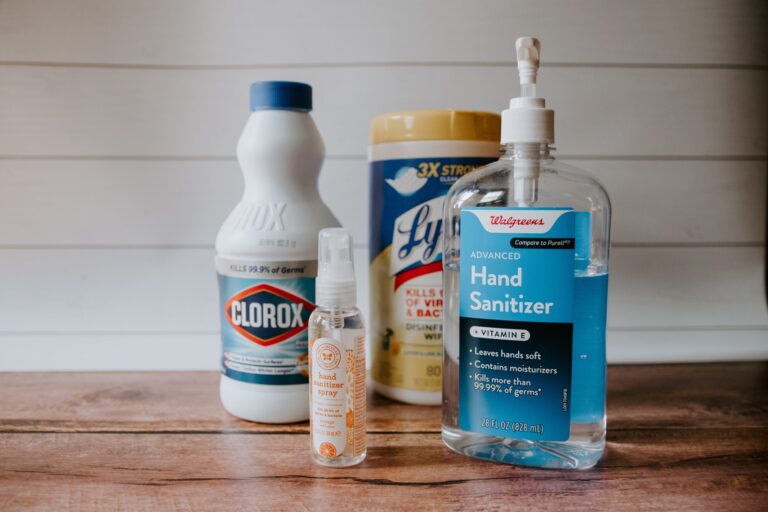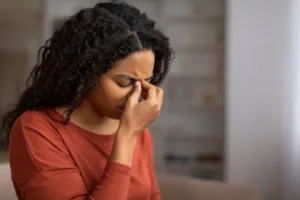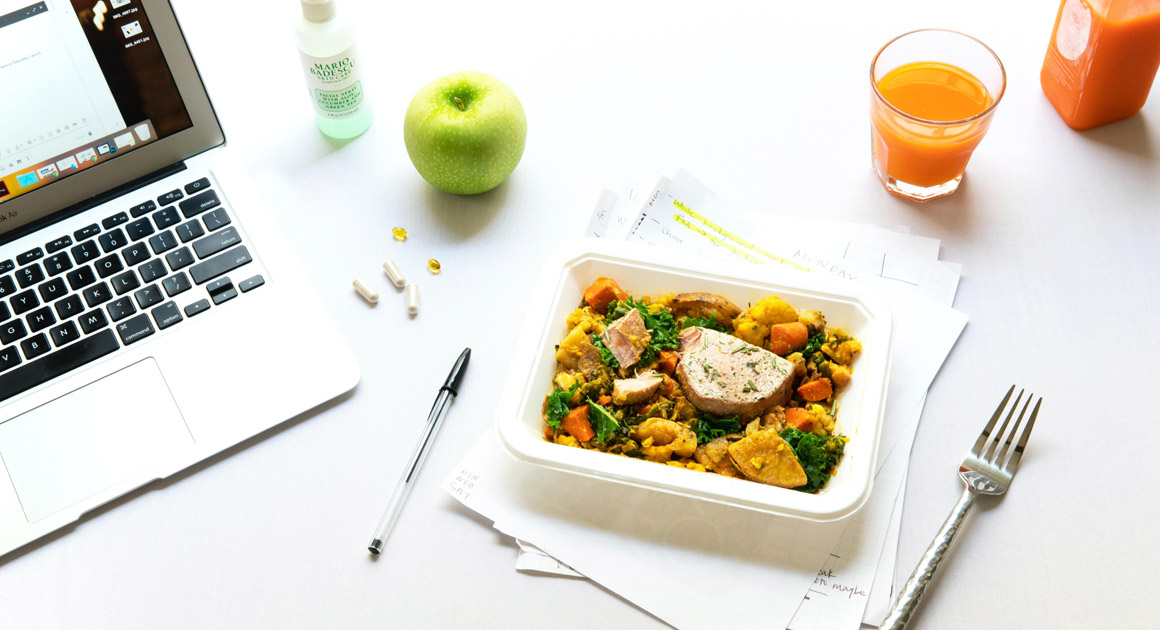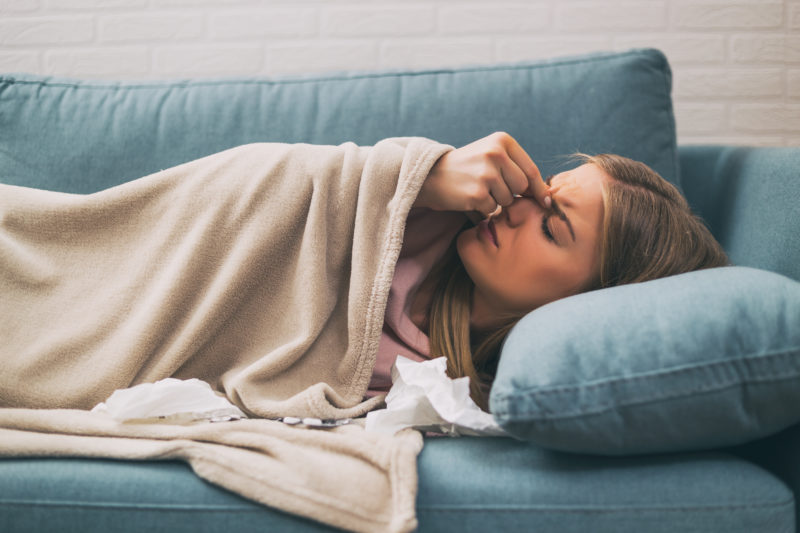Due to the rapid increase in coronavirus cases across Canada and the world in recent cases, the World Health Organization (WHO) has declared the spread of the virus a global pandemic. Moreover, many Canadians are understandably concerned about how they can keep themselves and their families safe during these uncertain times. Indeed, COVID-19 is a highly contagious virus, and there is no vaccine available yet.
How does the COVID-19 virus spread?
To protect yourself from getting infected with the coronavirus, it is important to understand how this disease spreads.
Directly from infected people
According to WHO and CDC, the coronavirus spreads from person to person when in close physical proximity (within 6 feet or 2 meters). Since the virus can leave the body of an affected individual through respiratory droplets of an affected individual, it is transmitted through the air when this person sneezes, coughs or talks.
These virus-containing droplets can then travel through the air and land into the mouths or noses of healthy people, infecting them as well. Importantly, individuals who are infected with the virus but are not showing the symptoms can be contagious too.
Through contaminated surfaces or objects
Moreover, it is possible to become infected with COVID-19 by touching surfaces or objects contaminated with the virus, and then touching your face, eyes or nose.
Scientists are still learning how the virus spreads and affects our bodies. However, there are some effective steps you can take to protect yourself and your loved ones from getting sick.
1. Wash your hands frequently
One of the most effective and easiest ways to prevent the spread of the coronavirus is to wash your hands frequently with soap and water. It is important to remember that a quick rinse with water will not be effective for washing the virus off your hands. The WHO recommends washing your hands for at least 20-30 seconds.

The correct hand-washing technique includes the following steps:
- Wet your hands with running water
- Apply enough soap to the hand surfaces
- Scrub all surfaces of your hands, including the palm, back, between the fingers and under the nails.
- Rinse off the soap
- Dry your hands
2. Practice good hygiene
To avoid the spread of COVID-19, it is important to practice good hygiene techniques. This includes covering your mouth and nose with disposable tissue when coughing and sneezing or using the bend of your flexed elbow. Moreover, it is important to avoid touching your face (including eyes) if you have not washed your hands beforehand.
It is highly recommended to wash your hands or use hand sanitizer or rubbing alcohol before eating and after doing the following:
- Touching surfaces outside of your home
- Going out in public
- Coughing, sneezing or blowing your nose
- Touching money
- Caring for a sick or elderly person
3. Avoid close physical contact
Since the virus spreads between infected individuals, it is important to avoid close contact with other people. It is recommended to stay home as much as possible and limit going out in public. If you do need to leave your home, remember to keep a distance of at least 6 feet (2 meters) away from other individuals.
4. Disinfect surfaces
Since the virus can live on surfaces, it is important to clean and disinfect all surfaces frequently touched by you or your loved ones. This includes doorknobs, keys, car doors and steering wheel of your vehicle, table surfaces, phones and faucets. To clean the surfaces, you can use water with diluted soap, while disinfectants and diluted alcohol or bleach solutions can be used to disinfect them.
5. Get plenty of rest
Another way to prevent yourself from getting sick is by getting enough rest, which can boost your immune system. Normally, we need between seven to eight hours of sleep for our bodies to stay healthy and function properly. According to scientific research, sleep is key to immune function.
Specifically, one recent study found that during sleep, our bodies produce immune cells to protect us from infectious diseases and boost our immune function. Therefore, to stay healthy during this global pandemic, it is important to get enough rest and sleep, and even take naps during the day if you need it.
6. Eat a nutritious diet
Diet is another important factor in maintaining optimal immune system function and staying healthy. For example, eating fruits and vegetables can boost our immune system function. Specifically, eating foods high in vitamin C, such as citrus fruit, broccoli and kale, can help to improve immune system function and protect us from certain viruses.
In addition, eating healthy foods, including whole grains and foods rich in omega-3 and omega-6 fatty acids can also help to regulate immune function while decreasing inflammation. Examples of foods rich in omega-3 fatty acids include oily fish, such as salmon, herring, mackerel and tuna, as well as walnuts, chia seeds, and soybeans. Moreover, some foods naturally rich in omega-6 fatty acids include walnuts, as well as sunflower, safflower and soybean oils and corn. And, of course, it is important to stay hydrated to keep your body healthy as well.
7. Get regular exercise
With most fitness centres and gyms closed, it may seem like the perfect time to skip exercise and binge watch series on the couch at home. However, regular activity is essential to boost your immune system and stay healthy. Studies even show that physical activity can even help to remove some harmful bacteria and viruses from your lungs.
It is generally recommended to get at least 30 minutes of cardiovascular exercise a day, plus strength training once or twice a week. With so many free home workouts available online these days, working out at home is easier than ever.


















